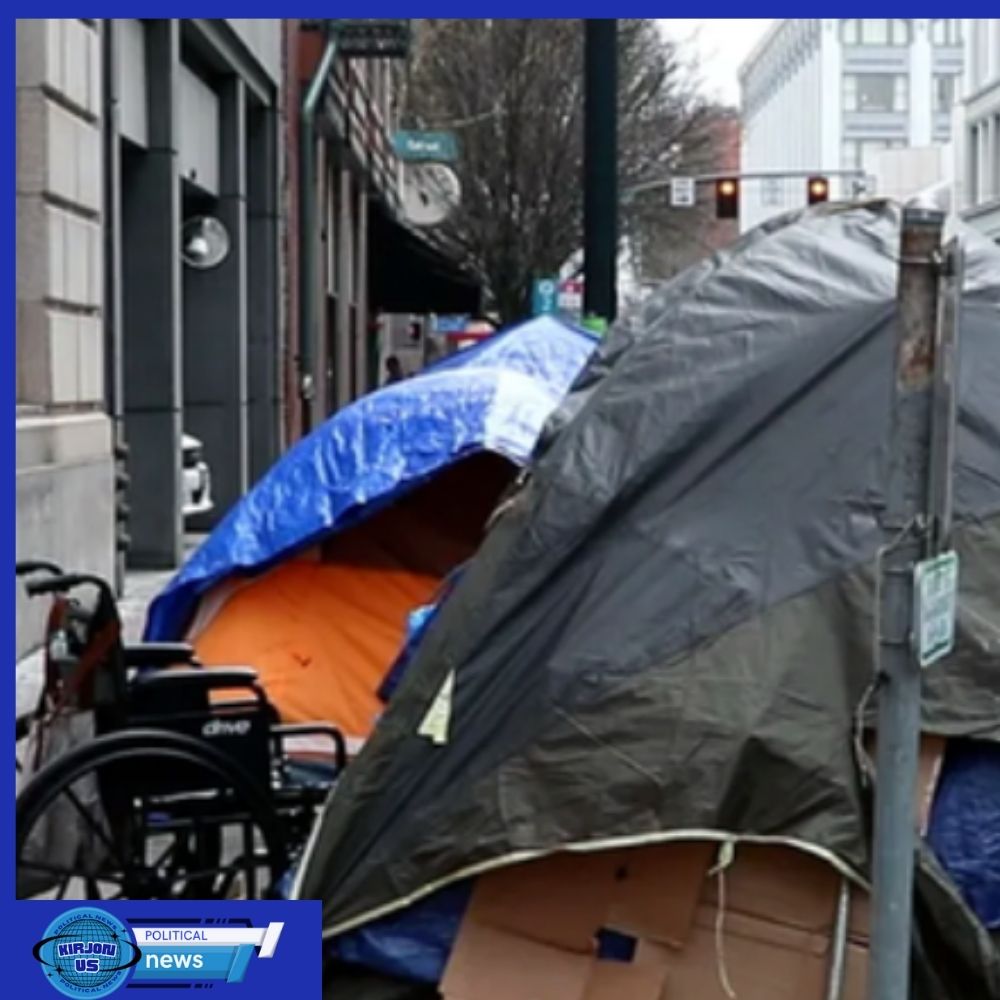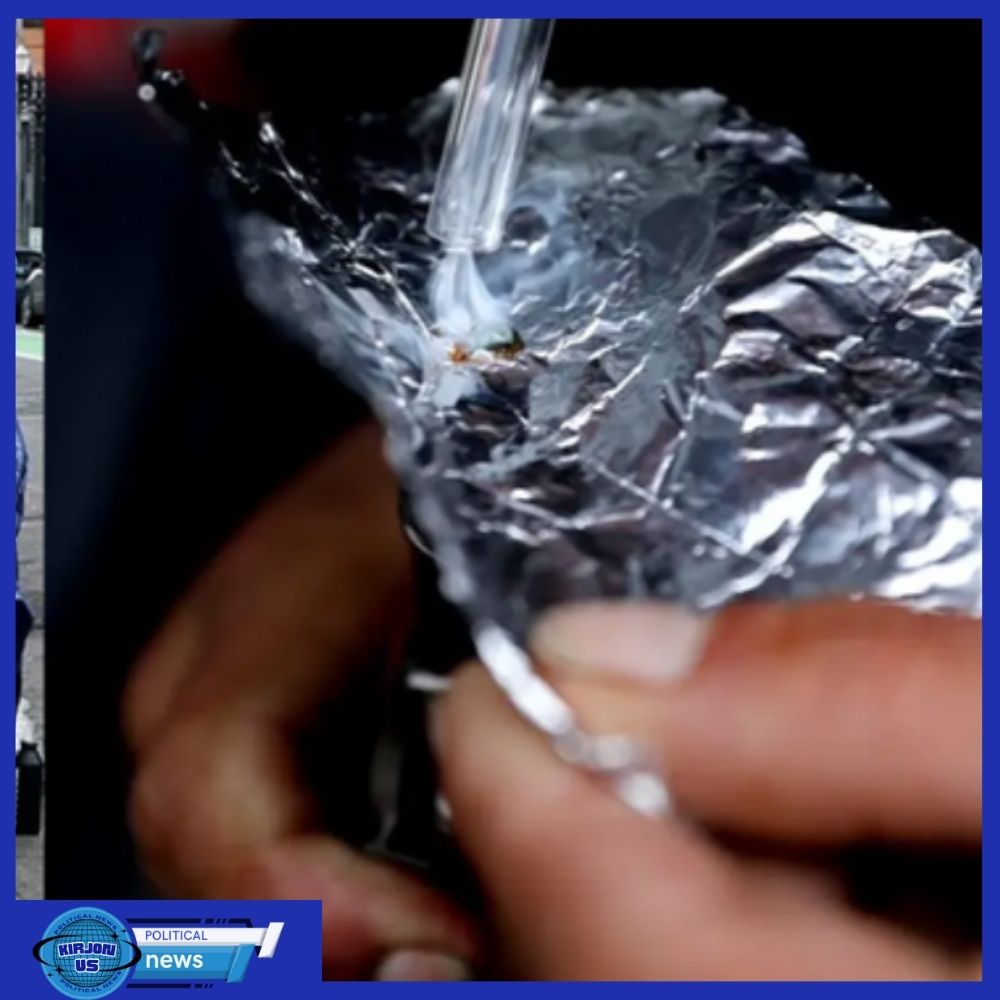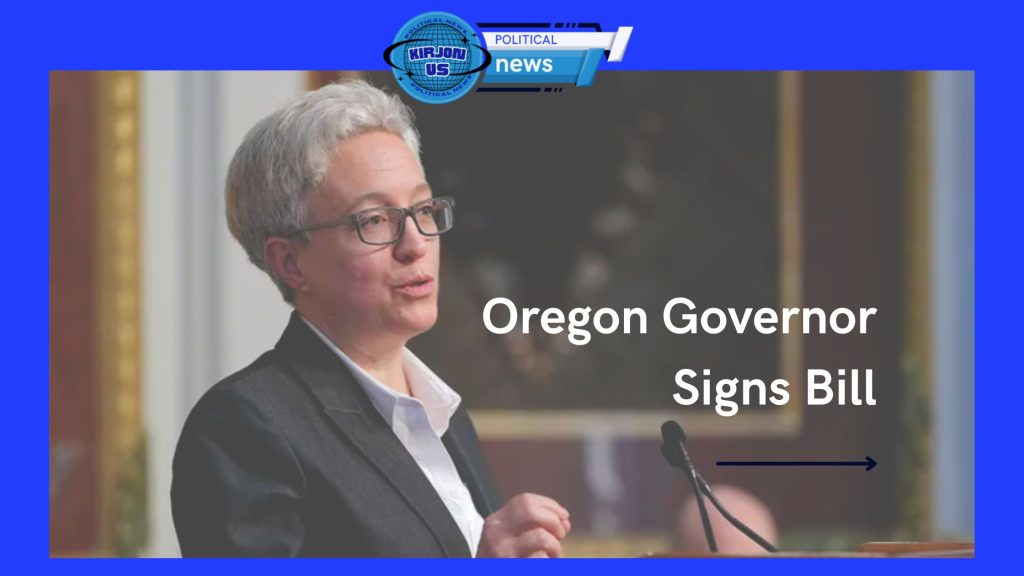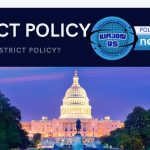Oregon’s legislative landscape has undergone a significant shift as Governor Tina Kotek, a Democrat, signed a bill on Monday reversing Measure 110, a 2020 law that decriminalized the possession of small amounts of certain drugs. This reversal marks a departure from a short-lived liberal policy and reflects growing concerns over addiction and overdose deaths in the state.
Voter Backlash and Policy Reversal

Despite initial support for Measure 110, with 58% of Oregon residents approving the measure, subsequent spikes in addiction and overdose deaths prompted a public backlash. In response, both Republicans and Democrats introduced legislation to roll back the decriminalization policy. The passage of HB 4002 now recriminalizes personal possession of drugs, making it a misdemeanor punishable by up to six months in jail.
Shift in Approach and Legislative Response
HB 4002 not only reinstates criminal penalties for drug possession but also empowers law enforcement to crack down on drug use in public spaces. Additionally, the law encourages the establishment of deflection programs to divert individuals struggling with addiction to treatment services instead of incarceration. This multifaceted approach aims to address the root causes of addiction while upholding public safety.
Bipartisan Support for Reversal

Oregon House Republican Leader Jeff Helfrich and Rep. Tim Knopp expressed support for Governor Kotek’s decision to sign the bill, emphasizing the need to address the state’s drug crisis comprehensively. While acknowledging the significance of HB 4002, Knopp emphasized the ongoing work required to tackle addiction effectively.
Reevaluating Prior Policies
The reversal of Measure 110 reflects a broader reassessment of Oregon’s drug policy in light of evolving challenges, including the fentanyl crisis and its devastating impact on communities. The slow implementation of addiction services funded by cannabis tax revenue, coupled with the surge in deadly overdoses, underscored the need for a recalibration of approach.
As Oregon confronts the complexities of its drug crisis, HB 4002 signals a shift towards a more balanced approach that prioritizes public safety and access to treatment. By empowering law enforcement and bolstering addiction services, policymakers aim to address the underlying factors contributing to substance abuse while safeguarding communities. The bipartisan support for this legislation reflects a shared commitment to finding effective solutions to one of the state’s most pressing challenges.







